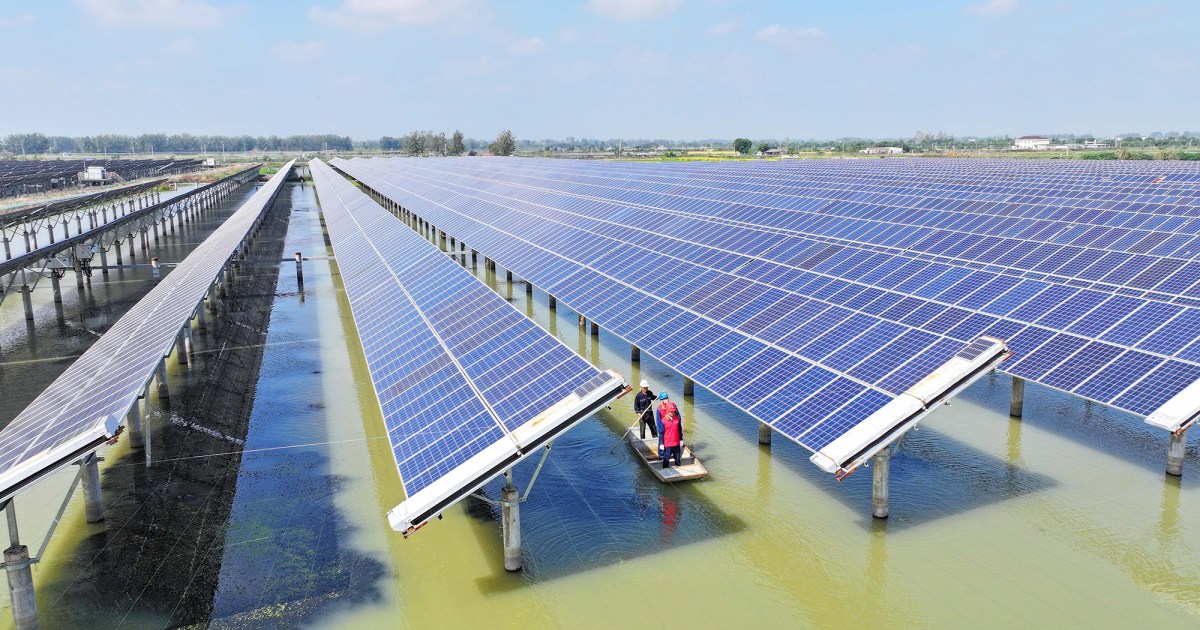Key Takeaways
- Global clean energy initiatives continue expanding despite US policy setbacks.
- China’s investments in automation contribute to its low-cost renewable energy production.
- Transitioning to electric vehicles is gaining momentum worldwide, irrespective of US trends.
A decade after the Paris Agreement, rising emissions and extreme weather highlight ongoing climate challenges. In contrast, data scientist Hannah Ritchie assesses a surprising trend: significant global progress in mitigating climate change. As the United States retreats from renewable energy policies, other nations, particularly China, are capitalizing on opportunities to advance their clean energy solutions.
In a recent interview with Yale Environment 360, Ritchie discussed her new book, Clearing the Air, which challenges misconceptions about climate change. She expressed skepticism that the reduction in US clean energy support would halt global progress, suggesting that it could allow other countries, like China, to accelerate their efforts. This perspective reflects a broader trend in which major players may step back, creating space for others to take initiative.
China’s ability to produce affordable clean energy stems from significant investment in automation rather than merely cheap labor. This efficiency in production has enabled China to dominate global clean energy markets. Additionally, Ritchie pointed out that while China is expanding its coal plant infrastructure, the critical factor is the amount of coal burned, which is being mitigated by modern technologies that allow for more efficient operation of these plants.
Ritchie also addressed concerns surrounding the US imposition of tariffs on Chinese goods, arguing that such policies could hinder the overall clean energy job market, which relies on varied roles beyond just manufacturing. Furthermore, the slowdown in electric vehicle (EV) production in the US is contrasted by rapid EV growth in countries like Norway and China, where consumer acceptance and availability are surging.
When discussing the potential impacts of AI on electricity demand, Ritchie noted that its growth, while notable, is not expected to outpace demand from other sectors like air conditioning and electric vehicles. She underscored the importance of careful planning and infrastructure development to meet future energy needs.
On the topic of nuclear power, Ritchie highlighted the relative safety of nuclear energy compared to the significant health threats posed by fossil fuels. However, she acknowledged challenges in cost and construction time as key barriers to developing new nuclear plants.
As discussions around solar geoengineering emerge, Ritchie emphasizes the need for thorough research to grasp the implications of such technologies. She warns that limited understanding could lead to reckless implementation in response to climate crises.
Finally, Ritchie encourages a balanced approach to climate action, recognizing the importance of both individual and systemic contributions. Optimistically, she portrays the ongoing climate transition as requiring concerted effort rather than being a guaranteed outcome, reaffirming the urgent need for collaboration across all levels of society.
The content above is a summary. For more details, see the source article.















